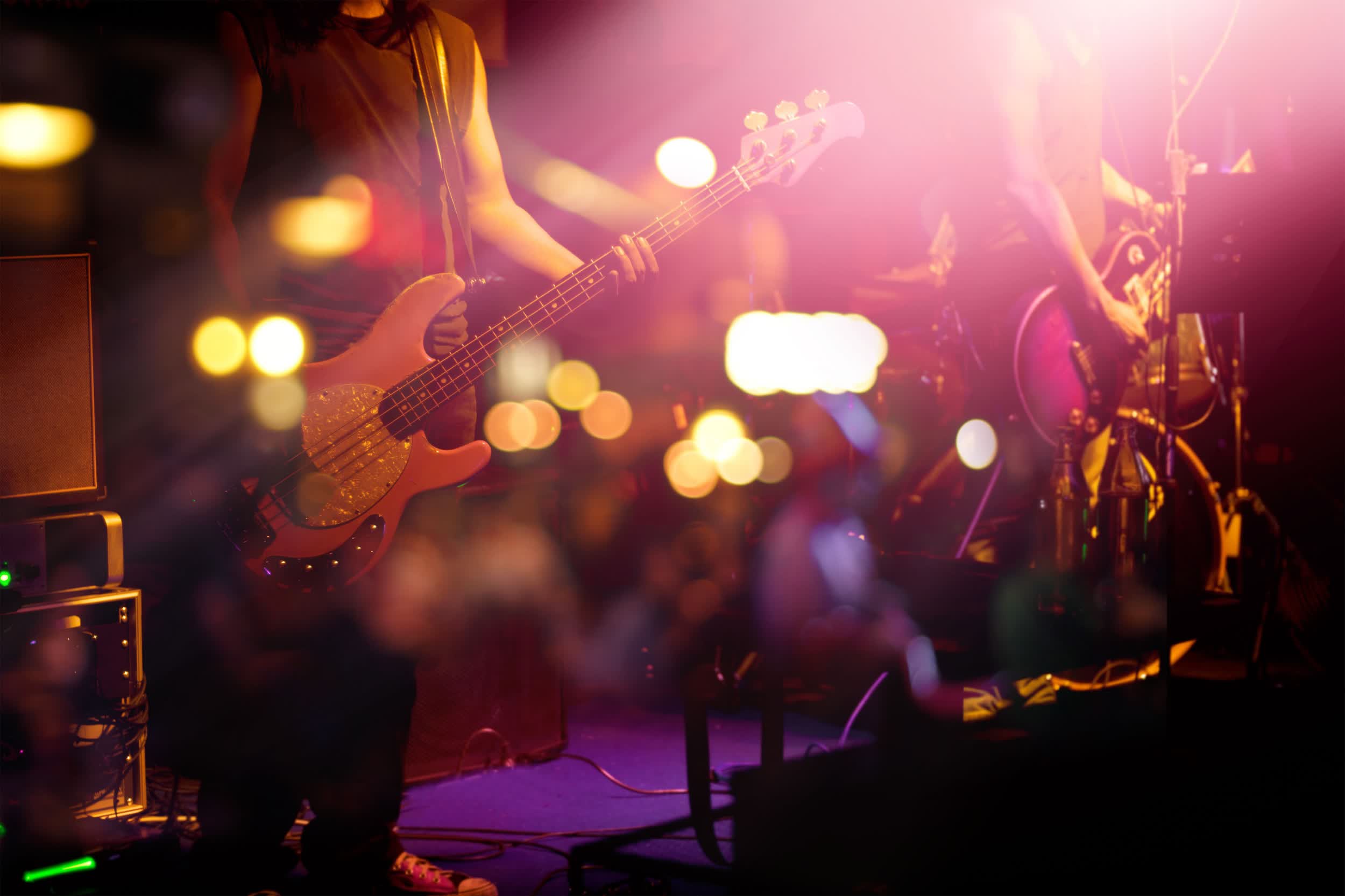Bottom line: It's taken nearly four years but Spotify is finally getting into the lossless streaming audio game. Spotify HiFi will debut later this year as an option for Premium subscribers although unfortunately, not much else is known about the service at this hour.

Spotify is finally getting into high-end audio. The streaming music giant on Monday during its online “Stream On” event announced a new subscription offering catering specifically to audio enthusiasts. Spotify HiFi will deliver music in a CD-quality, lossless audio format to devices and Spotify Connect-enabled speakers.
Spotify said it was also working with some of the world’s largest speaker manufacturers to make HiFi available to as many people as possible through Spotify Connect.
It’s been nearly four years since word first got out that Spotify was testing a lossless audio format. It’s unclear why it took the streaming service provider so long to make an official announcement. Perhaps the company was waiting for bandwidth to be less of a concern (hello, 5G) or maybe they wanted to wait and see how the competition fared with their respective offerings.
Unfortunately, Spotify was very light on details during the streaming event and the accompanying press release wasn’t illuminating, either. As such, we don’t know exactly when higher-quality tracks will be available, which markets will have access to them first and how much it’ll cost.
Spotify did note that "Premium subscribers in select markets will be able to upgrade their sound quality to Spotify HiFi," suggesting it could be some kind of paid add-on.
Spotify earlier this month said it now has 345 million monthly active listeners on its platform and 155 million paid subscribers.
Images courtesy PopTika, Sensay
https://www.techspot.com/news/88708-spotify-announces-hifi-lossless-streaming-tier-premium-add.html
